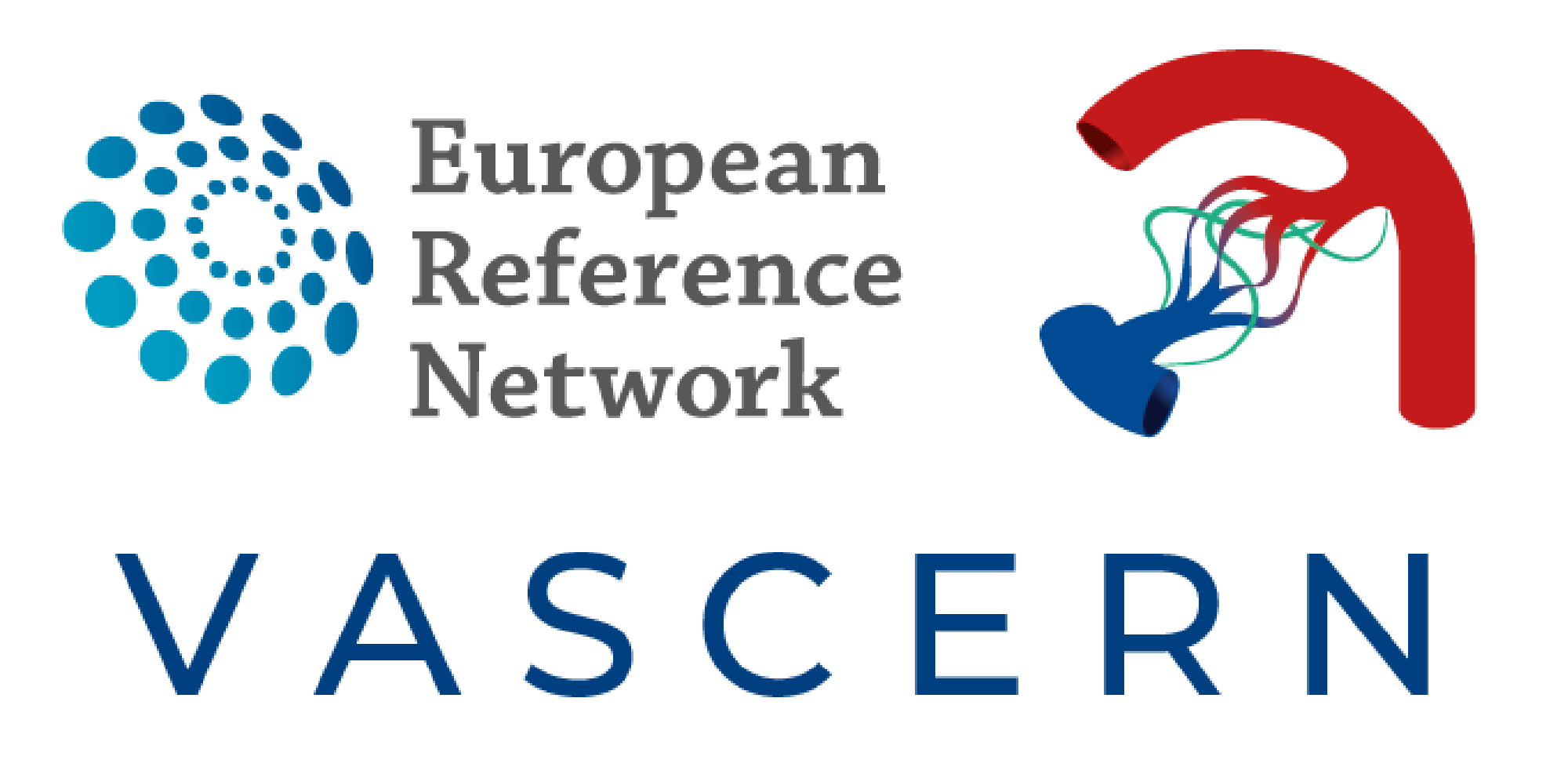
The VASCERN Summer School 2025 was designed as a year-long journey, combining online learning with an intensive onsite week in Paris.
The programme began in February with a series of e-learning modules and webinars that ran until May. These sessions introduced participants to the fundamentals of rare multisystemic vascular diseases and laid the groundwork for deeper discussions later in the year.
The onsite session followed from 15 to 20 September in Paris, where participants from across Europe came together with experts and patient representatives. Over six days, the focus shifted from theory to practice, with lectures, case discussions, and patient testimonies across all VASCERN Rare Disease Working Groups: Heritable Thoracic Aortic Diseases (HTAD), Medium-Sized Arteries (MSA), Neurovascular Diseases (NEUROVASC), Vascular Anomalies (VASCA), Paediatric and Primary Lymphoedema (PPL), and Hereditary Haemorrhagic Telangiectasia (HHT).
Day 1 – HTAD and MSA
The week began with Heritable Thoracic Aortic Diseases, where participants learned about genetics, diagnosis, treatment, and daily life, including pregnancy. Case discussions and a patient testimony provided practical perspectives. The afternoon introduced vascular Ehlers-Danlos syndrome, with sessions on dissections, diagnosis, and management.







Day 2 – MSA (continued) and CADASIL
The second day continued with MSA, focusing on pregnancy, organ complications, and patient experiences. In the afternoon, the spotlight shifted to CADASIL, with sessions on clinical presentation, genetics, diagnosis, and patient care.






Day 3 – Moyamoya and VASCA
The morning addressed Moyamoya angiopathy, from pathophysiology and clinical presentation to treatment options. The afternoon turned to vascular anomalies, with lectures on classification, infantile hemangioma, venous and arteriovenous malformations, lymphatic malformations, and capillary malformations. Patient stories were woven into the discussions.








Day 4 – VASCA (continued) and PPL
The day opened with targeted treatments for vascular anomalies and a patient advocate’s testimony. Attention then turned to primary and paediatric lymphoedema, with sessions on genetics, diagnosis, treatment approaches, and a workshop on compression techniques. A patient representative closed the session by sharing their experience.







Day 5 – HHT
The entire day was devoted to Hereditary Haemorrhagic Telangiectasia, covering genetics, manifestations, treatment options, and pregnancy. A workshop on clinical management allowed participants to apply what they had learned to real-world cases.






Day 6 – Psychology Workshop
The final day focused on communication skills, with role-play exercises between patients and doctors. This practical session highlighted the importance of patient-centred care and provided a meaningful conclusion to the week.








Across the year, participants benefitted from a blended learning approach that combined online preparation with onsite interaction. Patient testimonies, case-based discussions, and hands-on workshops ensured that both medical knowledge and lived experience were central throughout the programme. Evening activities in Paris added a social dimension, giving participants time to connect and exchange beyond the classroom.
Applications now open for 2026
Applications are open for the next edition of the VASCERN Summer School, which will take place in Paris from 14 to 19 September 2026.

